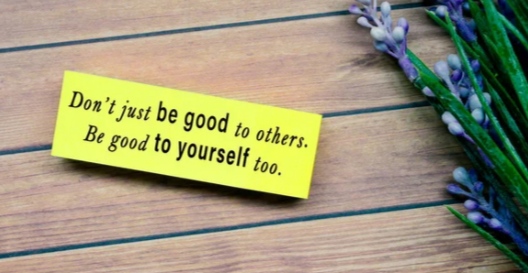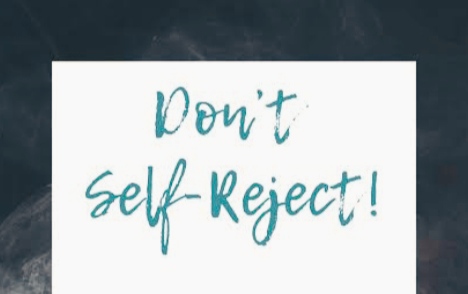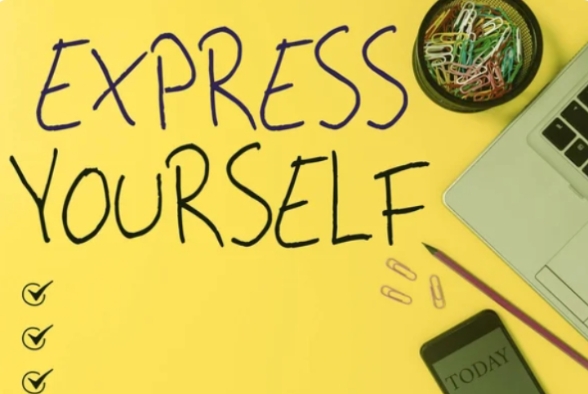
Life can be a rollercoaster ride, with its highs and lows. Often, during our toughest times, we tend to be our own harshest critics. We set impossibly high standards for ourselves, beat ourselves up over our perceived failures, and engage in negative self-talk. But what if we treated ourselves with the same kindness, understanding, and compassion that we extend to others? This is where the power of self-compassion comes into play.
Self-compassion is the act of being kind, understanding, and non-judgmental toward oneself, especially during moments of struggle or failure. It involves recognizing that the human experience is filled with mistakes, setbacks, and imperfections, and that we are all deserving of love and understanding – ourselves included.
Why is self-compassion important?

Self-compassion provides us with a solid foundation for resilience. By accepting our shortcomings and treating ourselves with kindness, we enhance our ability to bounce back from difficult situations. Instead of dwelling on our failures, we are able to reframe them as opportunities for growth and learning. This positive mindset empowers us to face challenges head-on, without succumbing to self-doubt or self-criticism.
Moreover, self-compassion fosters a healthier sense of self-worth. When we are too harsh on ourselves, our self-esteem suffers. We start to believe that we are not good enough, that we do not deserve happiness or success. On the contrary, when we practice self-compassion, we acknowledge that we are worthy of love and respect, regardless of our flaws or mistakes. This acceptance paves the way for personal growth, as we begin to prioritize self-care, self-improvement, and self-acceptance.
Additionally, self-compassion plays a vital role in our mental and emotional well-being. When we are kind to ourselves, we are less likely to engage in negative self-talk or rumination, both of which can contribute to anxiety and depression. By offering ourselves the same compassion and understanding we would offer a close friend, we create a nurturing and supportive inner dialogue. This positive self-talk boosts our self-confidence and motivates us to overcome challenges and pursue our goals.
How can we cultivate self-compassion in our lives?

- Practice mindfulness: Mindfulness involves being present in the moment and observing our thoughts and feelings without judgment. By paying attention to our inner dialogue, we can identify moments of self-criticism and replace them with kinder, more supportive thoughts.
- Treat yourself like a friend: Imagine how you would comfort and support a close friend who is going through a tough time. Extend that same kindness and understanding to yourself. Remind yourself that mistakes and failures are a natural part of life, and that you deserve compassion, just like anyone else.
- Practice self-care: Carve out time for activities that bring you joy and relaxation. Whether it’s reading a book, going for a walk, or taking a bubble bath, prioritize self-care in your daily routine. Remember that taking care of your own well-being is not selfish, but a necessary act of self-compassion.
- Challenge negative self-talk: When you catch yourself engaging in negative self-talk, challenge it. Ask yourself if the thoughts you are having about yourself are fair or realistic. Replace self-criticism with more compassionate and realistic self-statements.
Remember, self-compassion is not a selfish act; it is a necessary one. By treating ourselves with kindness, we not only foster our own well-being but also create more positive and meaningful relationships with others. So, let’s give ourselves permission to be human, to accept our imperfections, and to be gentle with ourselves as we navigate this journey called life.


